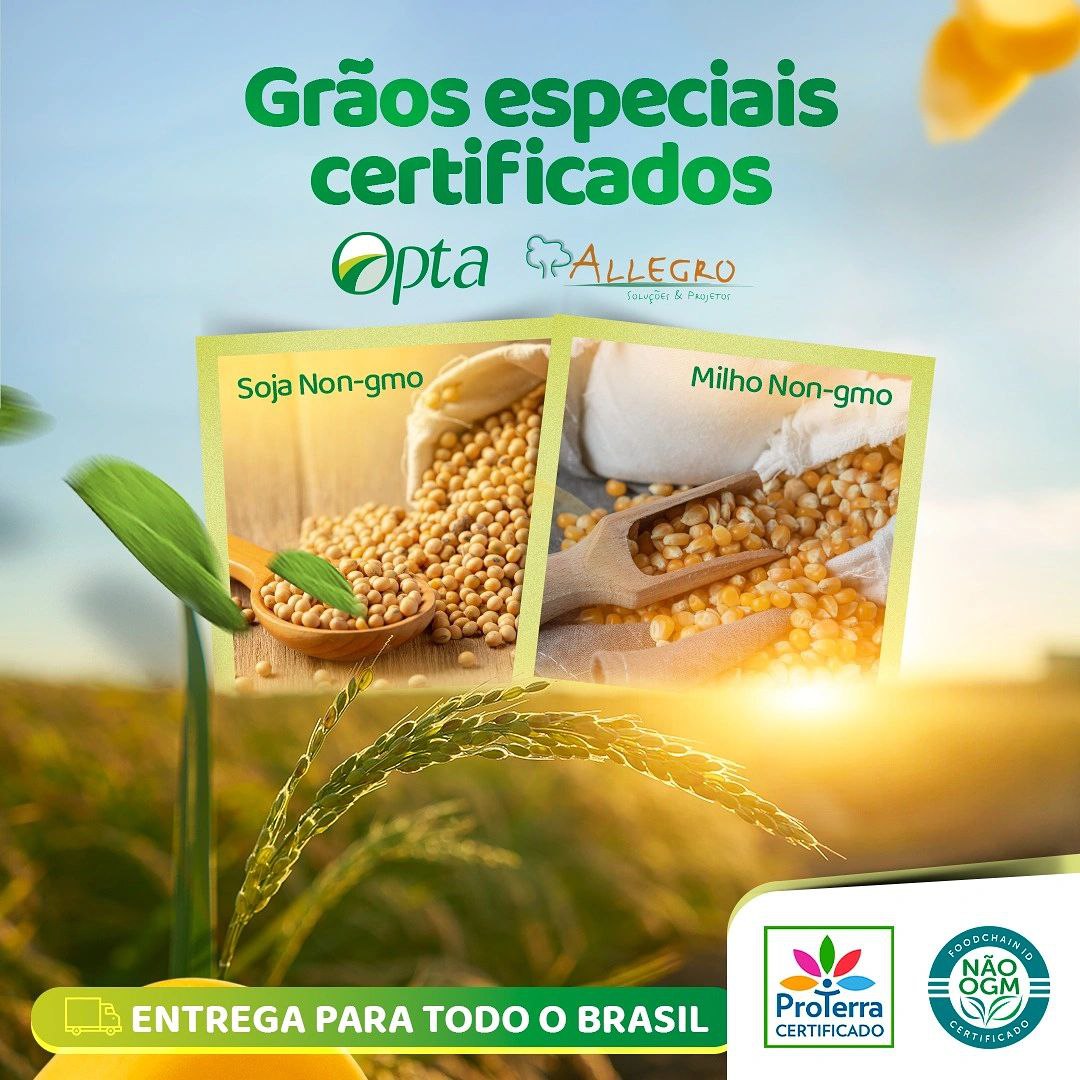To keep up with the movement of an increasingly demanding market, where consumers are always looking for the best products and services, organizations need to be constantly evolving in search of new ways for their products to comply with the highest quality standards.
The concern with quality and quality management is growing within the most varied market segments, which are increasingly committed to aligning various factors in the production chain, such as production conditions, producer profitability, environmental preservation, reduction in the use of chemical products, among other aspects.
In this context, certification emerges as an organizational mechanism that aims at market transparency, which, through strict inspections and frequent audits, can ensure the conformity of production processes about established technical standards.
When we talk about rural producers, certification not only guarantees that a certain product meets quality specifications but also ensures more efficient management of their production units, generating increases in productivity, profitability, in addition to providing benefits for the entire production chain.
Research shows that certification can improve operating results through production processes that are environmentally appropriate, socially fair, and economically viable, allowing the production and sale of differentiated products and foods that serve consumers who prioritize quality.
At Opta Alimentos, we currently have Non-GMO and ProTerra certifications, tools that help us in our mission to contribute to sustainable agricultural and agro-industrial development and to enhance social and environmental resources.
Non-GMO Certification
Concern about the impact on the environment, human and animal health by the production and consumption of genetically modified (GM) foods has increased among consumers. As a result, many countries require mandatory labeling of foods that contain genetically modified ingredients (inputs) that exceed the amount determined as a limit.
To satisfy consumer demands for transparency and support companies in the supply of Non-GMO materials, FoodChain ID Certification launched in 1999 its Non-GMO Certification Program and Non-GMO Trademark (Product Seal) for easy identification of these products in the market.
The Global FoodChain ID Non-GMO Standard is recognized in the industry as a benchmark for a Non-GMO production system as it applies a quality management system approach to identity preservation. The Standard uses risk-based decision-making to build a robust certification program tailored to the organization’s needs. The main components of the program include risk assessments, traceability, and sampling/testing for compliance verification. The program is evaluated annually by FoodChain ID Certification against the requirements of the Standard.
Know our portfolio
The Standard applies to organizations involved in the cultivation, production, processing, storage, distribution, logistics, and/or marketing of Non-GMO products. Product certification can be requested for raw materials, derivatives, additives, adjuvants, and final products, including livestock products and animal feed.
ProTerra Certification
The ProTerra Social Responsibility and Environmental Sustainability standard establish criteria for corporate responsibility in the food and agricultural sectors. It is a certification program that responds to the growing demand for products differentiated by production criteria based on ethics, in addition to promoting a culture of continuous improvement in the systems, processes, and practices involved in food production.
ProTerra certification is aimed at producers, processors, and end-users of agricultural commodities. The standard applies to all third parties in the supply chain, including those in primary production, processing, storage and distribution, and retail.
ProTerra certification applies to any agricultural commodity in the world, including soy, sugarcane, corn, rice, sunflower, and rapeseed. Since its inception, more than $10.5 billion worth of grain and soy-based products have been certified to the ProTerra Standard.
The ProTerra Foundation assists organizations that wish to implement state-of-the-art social, ethical, and environmental corporate policies in their companies. Engagement with such policies is recognized through independent certification to the ProTerra Standard for secure communication of the company’s commitment to consumers, retailers, and investors.
Access our LinkedIn: OPTA Alimentos

